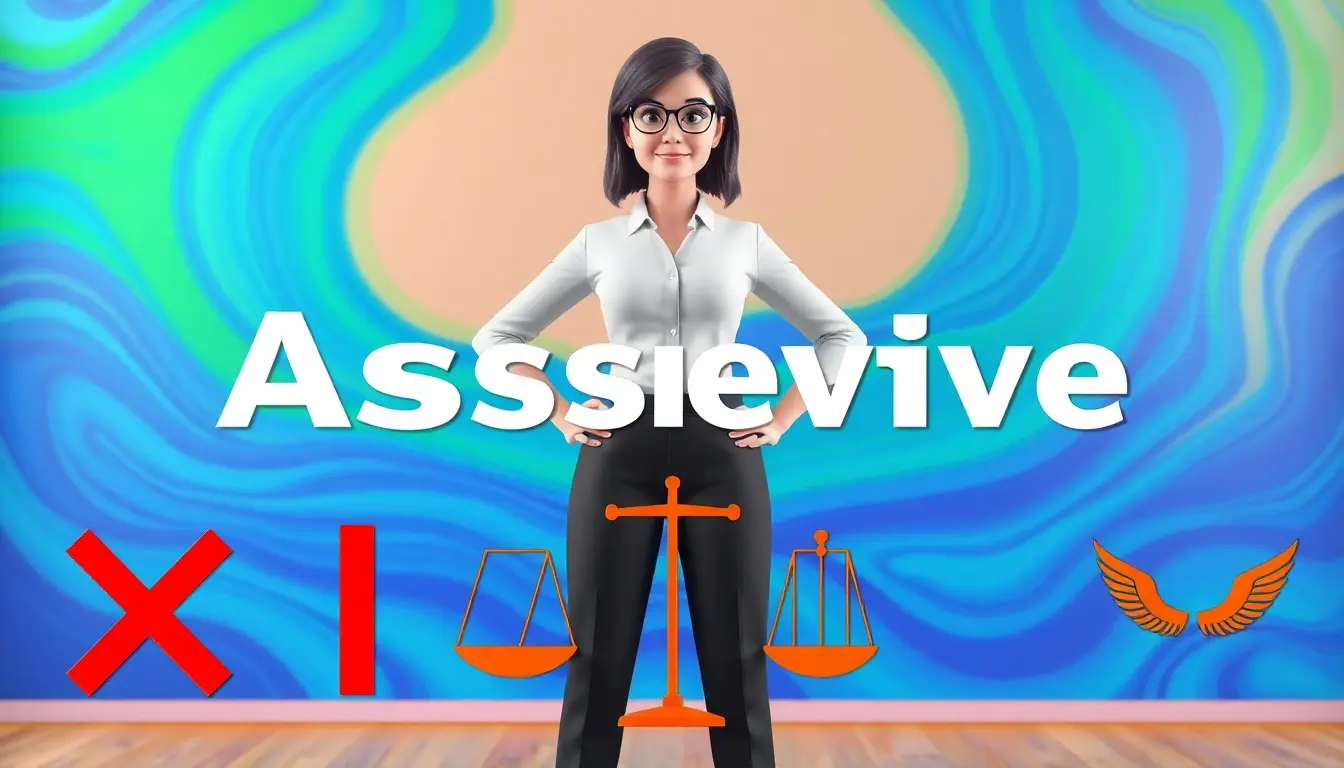What Makes a Negotiating Genius?
Negotiating genius is not just about getting what you want; it’s about creating a mutually beneficial outcome that leaves both parties satisfied. A negotiating genius is someone who can navigate complex conversations, build trust, and find creative solutions that meet everyone’s needs. But what sets them apart from the rest? Research suggests that negotiating geniuses possess a unique combination of skills, traits, and strategies that enable them to consistently achieve exceptional results.
One key characteristic of negotiating geniuses is their ability to prepare thoroughly. They invest time and effort in understanding the other party’s needs, goals, and limitations. They gather information, analyze data, and develop a deep understanding of the negotiation landscape. This preparation enables them to anticipate potential obstacles, identify opportunities, and craft a tailored approach that addresses the other party’s concerns.
Another essential trait of negotiating geniuses is their emotional intelligence. They are adept at reading people, recognizing emotional cues, and responding empathetically. This allows them to build trust, diffuse tension, and create a collaborative atmosphere that fosters open communication. By acknowledging and validating the other party’s emotions, negotiating geniuses can create a sense of safety, which encourages parties to share their concerns and work together to find a solution.
The Power of Active Listening
Active listening is a crucial skill that negotiating geniuses possess. They understand that listening is not just about hearing words; it’s about grasping the underlying needs, desires, and fears that drive the other party’s behavior. By focusing intently on the other party, negotiating geniuses can uncover hidden interests, identify potential areas of agreement, and craft targeted responses that address the other party’s concerns.
Active listening involves more than just paying attention to what the other party says. It requires a deep understanding of nonverbal cues, tone, and language patterns. Negotiating geniuses use their knowledge of body language, facial expressions, and vocal inflections to gauge the other party’s emotions and adjust their approach accordingly. For example, if they notice the other party crossing their arms or avoiding eye contact, they may adjust their tone to become more conciliatory or empathetic.
The Art of Questioning
Negotiating geniuses are masters of asking questions. They use open-ended, probing, and clarifying questions to gather information, test assumptions, and challenge the other party’s thinking. By asking the right questions, they can uncover hidden interests, identify potential areas of agreement, and create opportunities for creative solutions.
For instance, a negotiating genius might ask:
-
“What are your top priorities in this negotiation?”
-
“How does this issue impact your business/organization?”
-
“What are the potential consequences of not reaching an agreement?”
-
“What would it take for you to feel comfortable with this proposal?”
By asking these types of questions, negotiating geniuses can gain a deeper understanding of the other party’s needs, identify potential areas of agreement, and develop targeted responses that address their concerns.
The Role of Creativity in Negotiation
Negotiating geniuses are not limited by conventional thinking. They are creative problem-solvers who can think outside the box and develop innovative solutions that meet everyone’s needs. By embracing a collaborative mindset, they can work with the other party to co-create value, find mutually beneficial solutions, and create outcomes that exceed expectations.
One strategy negotiating geniuses use to stimulate creativity is to ask “what if” questions. For example:
-
“What if we could find a way to reduce costs without sacrificing quality?”
-
“What if we could develop a joint venture that benefits both parties?”
-
“What if we could create a hybrid solution that combines the best of both worlds?”
By asking these types of questions, negotiating geniuses can stimulate creative thinking, challenge assumptions, and develop novel solutions that meet everyone’s needs.
The Importance of Flexibility and Adaptability
Negotiating geniuses are flexible and adaptable. They understand that negotiations are dynamic, and circumstances can change rapidly. They are willing to adjust their approach, modify their proposals, and pivot when necessary. By remaining open to new information, they can capitalize on emerging opportunities, respond to changing circumstances, and find creative solutions that address the other party’s concerns.
For instance, if a negotiating genius discovers new information that challenges their initial proposal, they might adjust their approach to incorporate this new data. They might say:
- “I understand that our initial proposal didn’t quite meet your needs. Based on new information, I’d like to revisit our offer and explore alternative solutions that better address your concerns.”
By demonstrating flexibility and adaptability, negotiating geniuses can build trust, demonstrate a willingness to collaborate, and create an environment that fosters open communication and creative problem-solving.
Mastering the Art of Persuasion
Negotiating geniuses are skilled persuaders. They understand the art of influence and can craft compelling arguments that resonate with the other party. By using storytelling, analogies, and vivid imagery, they can make their message more relatable, memorable, and persuasive.
For example, a negotiating genius might use a story to illustrate the benefits of their proposal:
- “I recall a similar situation where we worked with a client to develop a customized solution. The result was a 25% increase in efficiency and a 15% reduction in costs. I believe we can achieve similar results if we work together to develop a tailored approach that addresses your specific needs.”
By using storytelling and other persuasive techniques, negotiating geniuses can create a compelling narrative that resonates with the other party and drives them towards a mutually beneficial outcome.
FAQ
What are the key characteristics of a negotiating genius?
A negotiating genius possesses a unique combination of skills, traits, and strategies, including preparation, emotional intelligence, active listening, creativity, flexibility, and adaptability.
How do negotiating geniuses prepare for negotiations?
Negotiating geniuses prepare by gathering information, analyzing data, and developing a deep understanding of the negotiation landscape. They also anticipate potential obstacles, identify opportunities, and craft a tailored approach that addresses the other party’s concerns.
What is the role of active listening in negotiation?
Active listening is a crucial skill that negotiating geniuses possess. It involves grasping the underlying needs, desires, and fears that drive the other party’s behavior, and using this information to craft targeted responses that address their concerns.
How do negotiating geniuses stimulate creativity in negotiation?
Negotiating geniuses stimulate creativity by asking “what if” questions, embracing a collaborative mindset, and working with the other party to co-create value and find mutually beneficial solutions.
What is the importance of flexibility and adaptability in negotiation?
Negotiating geniuses are flexible and adaptable, willing to adjust their approach, modify their proposals, and pivot when necessary. This enables them to capitalize on emerging opportunities, respond to changing circumstances, and find creative solutions that address the other party’s concerns.
Conclusion
Negotiating genius is not just about winning or getting what you want; it’s about creating a mutually beneficial outcome that leaves both parties satisfied. By developing the skills, traits, and strategies outlined in this article, you can unlock the secrets of master negotiators and become a negotiating genius in your own right. Remember to prepare thoroughly, listen actively, ask the right questions, think creatively, and remain flexible and adaptable. With practice, patience, and persistence, you can achieve exceptional results and become a master negotiator.







Leave a Reply